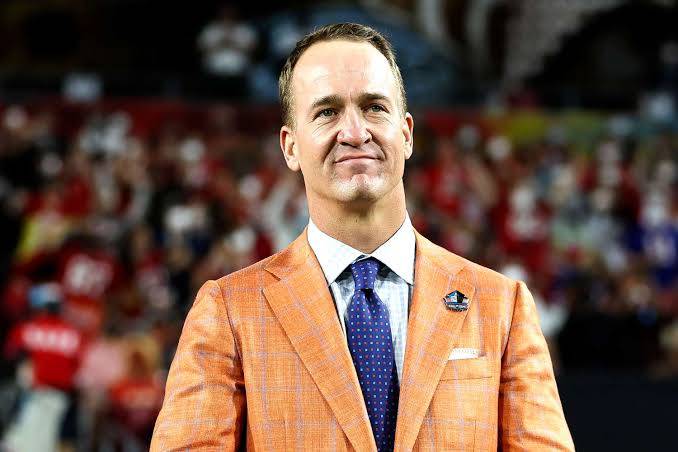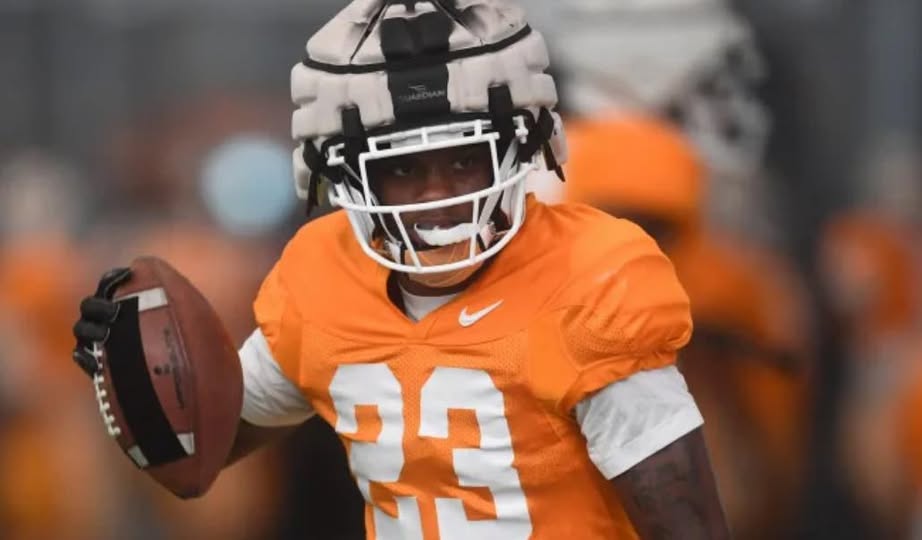Caleb Williams Faces Harsh Criticism After Practice Misstep, Sparking Fresh Doubts About Bears’ Quarterback Future in Chicago
When the Chicago Bears selected Caleb Williams with the No. 1 overall pick in the 2025 NFL Draft, the franchise envisioned a new era — one marked by elite quarterback play, explosive offense, and long-awaited postseason relevance. After decades of searching for a true franchise quarterback, Chicago seemed to have finally found its answer in the Heisman Trophy winner from USC, a player heralded for his creativity, poise, and arm talent. But after a recent training camp blunder, the honeymoon phase may be wearing off faster than expected. The mistake — caught on video and quickly circulated across social media platforms — ignited a wave of criticism, memes, and pundit commentary, all focused on one sobering question: does Chicago still have a quarterback problem?
The incident in question wasn’t catastrophic by NFL standards. Williams appeared to misread the defensive coverage during a team drill, hesitating before delivering a poorly timed throw that was easily intercepted. In a vacuum, it was the kind of error young quarterbacks make all the time, particularly during the early days of camp. But because of who Williams is and what he represents to the Bears’ faithful — hope, transformation, and a clean slate — the moment took on far more weight. Instead of being seen as a minor hiccup in a developmental process, it became a referendum on the Bears’ entire quarterback strategy.
For decades, the quarterback position has been a sore spot in Chicago. From Mitchell Trubisky to Jay Cutler to Justin Fields, the Bears have cycled through numerous starters, each carrying the mantle of “the next big thing” only to fall short of lofty expectations. The addition of Williams was supposed to end that cycle. With his strong pedigree, command of the pocket, and ability to extend plays, he arrived as arguably the most hyped Bears quarterback since the NFL-AFL merger. The buzz around Halas Hall was electric, and Williams’ early flashes in rookie minicamp only added to the optimism.
So why has a single practice mistake caused such uproar?
Part of the answer lies in the microscope that comes with being the No. 1 pick — especially in a media-heavy market like Chicago. Every throw, every read, every audible is scrutinized, dissected, and debated. In Williams’ case, the standards are even higher. He isn’t just expected to be good — he’s expected to be transformational. Any sign of regression, hesitation, or confusion gets amplified as a potential red flag. And in today’s hyper-digital sports landscape, where social media clips go viral within seconds, one momentary lapse can dominate the news cycle.
Critics were quick to pounce. Some questioned his readiness for the speed and complexity of NFL defenses. Others went further, suggesting that Williams may not have the mental processing speed necessary to excel at the pro level. Talk shows lit up with hot takes, with former players and analysts debating whether the Bears had once again overestimated a quarterback’s ability to translate college success into NFL dominance.
To be fair, much of this criticism is premature. Every rookie quarterback — from Peyton Manning to Josh Allen — has had growing pains. Training camp is the time to make mistakes, learn, adapt, and improve. Williams is working with new receivers, a new playbook, and under the pressure of reviving a historically underwhelming offense. The blunder, while visually jarring, is likely just part of the learning curve.
That said, there’s no denying that the margin for error in Chicago is razor-thin. Bears fans have endured years of offensive mediocrity. They’ve seen promising starts dissolve into disappointment. So when the supposed savior struggles, even briefly, the emotional response is immediate and intense. It’s less about the play itself and more about what it represents — the fear that history could repeat itself.
From a coaching standpoint, the Bears have remained supportive. Head coach Matt Eberflus emphasized that mistakes are expected at this stage and pointed to Williams’ work ethic, leadership, and response in the following reps as evidence that the young quarterback is already learning from adversity. Offensive coordinator Shane Waldron also reiterated that installing a new offensive system takes time and that miscommunications are inevitable early on.
Still, questions about readiness remain. Should the Bears consider easing Williams into the starting role? Would sitting behind a veteran for a few weeks help his development? Or should they throw him into the fire and trust that the adversity will fast-track his growth? These are the decisions that could define Chicago’s season — and potentially Eberflus’ tenure.
One thing is certain: Caleb Williams has all the physical tools to succeed. His arm strength, mobility, and improvisational ability have already flashed in previous practices and at USC. What remains to be seen is how quickly he can master the mental side of the game — pre-snap reads, blitz recognition, timing, and decision-making under pressure.
Williams himself has not shied away from the criticism. In media availability after practice, he acknowledged the mistake, owned it, and emphasized the importance of learning from every rep. That kind of accountability is encouraging. It shows maturity and a willingness to grow, traits that often separate great quarterbacks from merely good ones.
His teammates have also rallied behind him. Veteran wideouts and linemen spoke about his composure, work ethic, and leadership in the huddle. They see the talent and believe in his trajectory. More importantly, they recognize that one bad throw doesn’t define a quarterback — especially one in his first month with the team.
However, in a league defined by urgency and results, time is both a luxury and a threat. Chicago’s fanbase isn’t looking for incremental improvement — they want wins, fireworks on offense, and tangible signs that the quarterback curse is finally over. And while patience may be the right path from a developmental perspective, the reality is that expectations will only grow louder with every passing day of training camp.
It’s also worth noting the psychological pressure that accompanies such high expectations. Williams must not only master the playbook and adjust to NFL speed, but also block out the noise — the constant comparisons, the media narratives, the memes, and the doubts. That’s a heavy burden for any 22-year-old, no matter how talented.
Looking ahead, the preseason games will provide a clearer picture. Unlike practice clips, preseason action offers live reps against unfamiliar defenses, real game speed, and a chance to build chemistry in real time. If Williams can bounce back with sharp performances, the criticism will likely fade. If not, the noise will grow louder, and the “quarterback problem” narrative will gain momentum.
For now, the Bears must strike a delicate balance: protect their young quarterback, build his confidence, but also hold him to the standards that come with being a franchise cornerstone. It’s a tough task, but one they knew they were signing up for when they made Caleb Williams the face of the franchise.
So, does Chicago have a quarterback problem? That depends on perspective. If the question is whether Williams will make rookie mistakes — the answer is yes, absolutely. If the question is whether he lacks the talent to be elite — the answer is no. The real question is whether the Bears — from the coaching staff to the front office to the fan base — are willing to give him the space to grow through the bumps and become the quarterback they desperately need him to be.
And if Caleb Williams’ response to this early adversity is any indication, Chicago may not have a quarterback problem at all — just a quarterback in progress.



